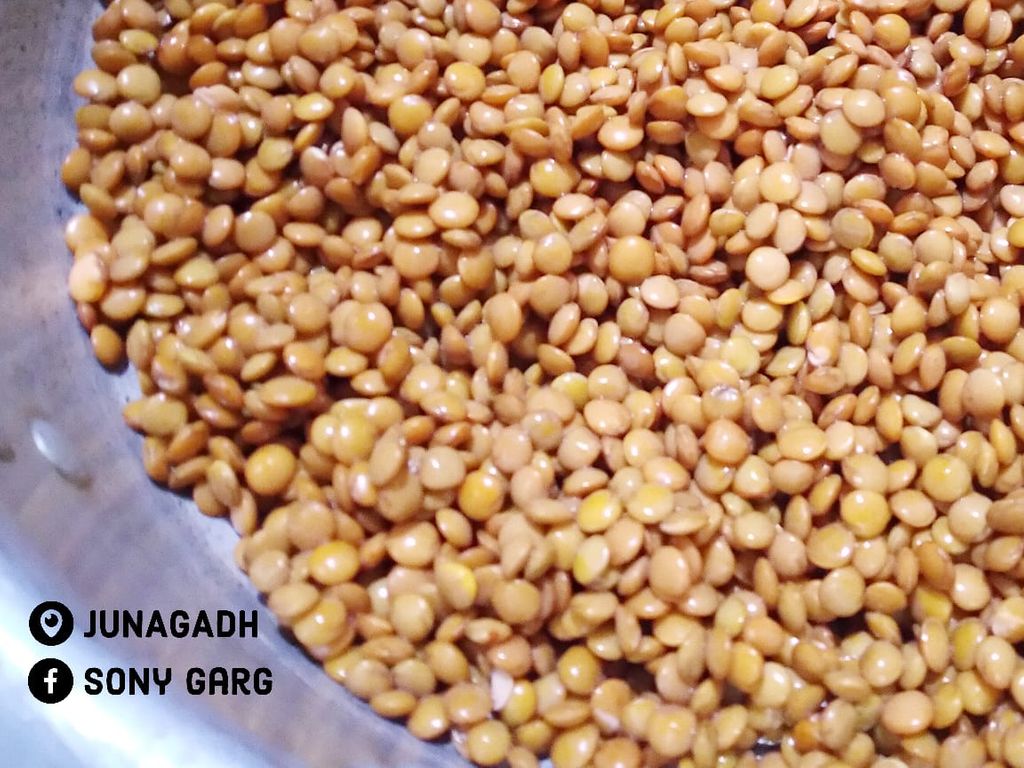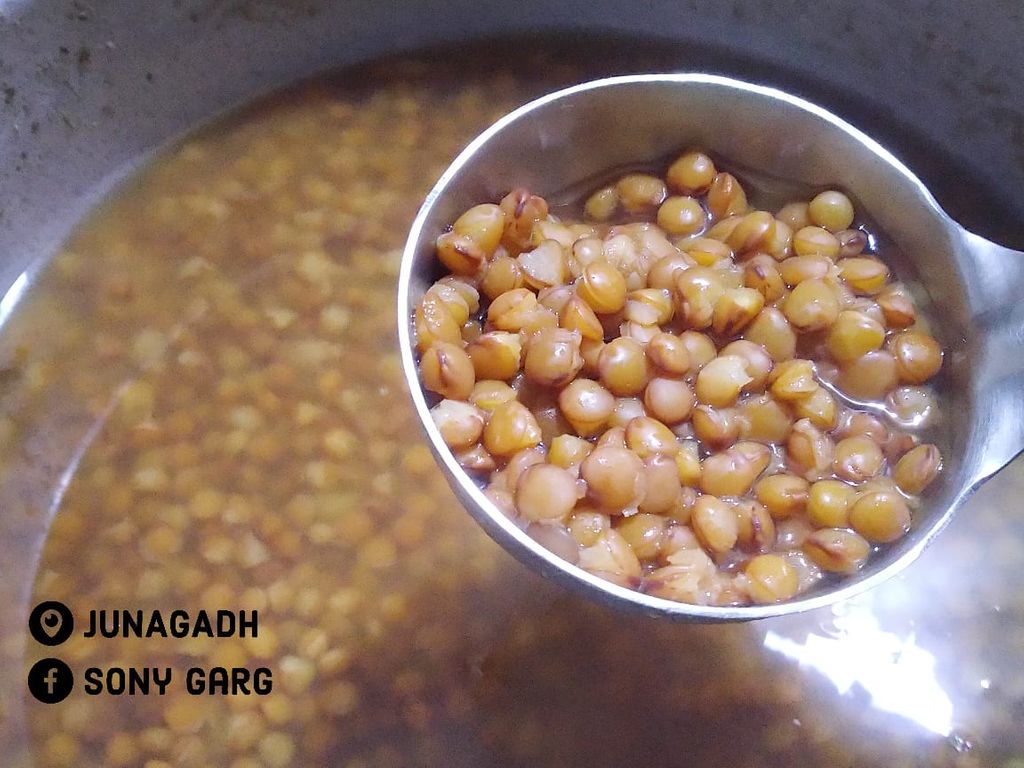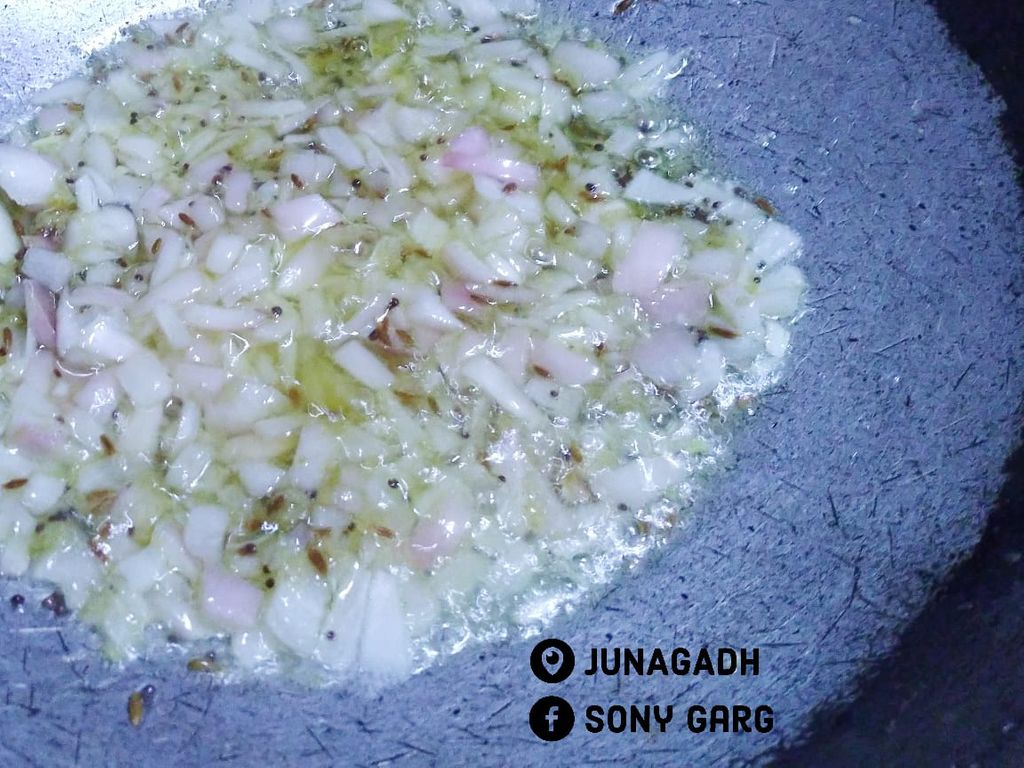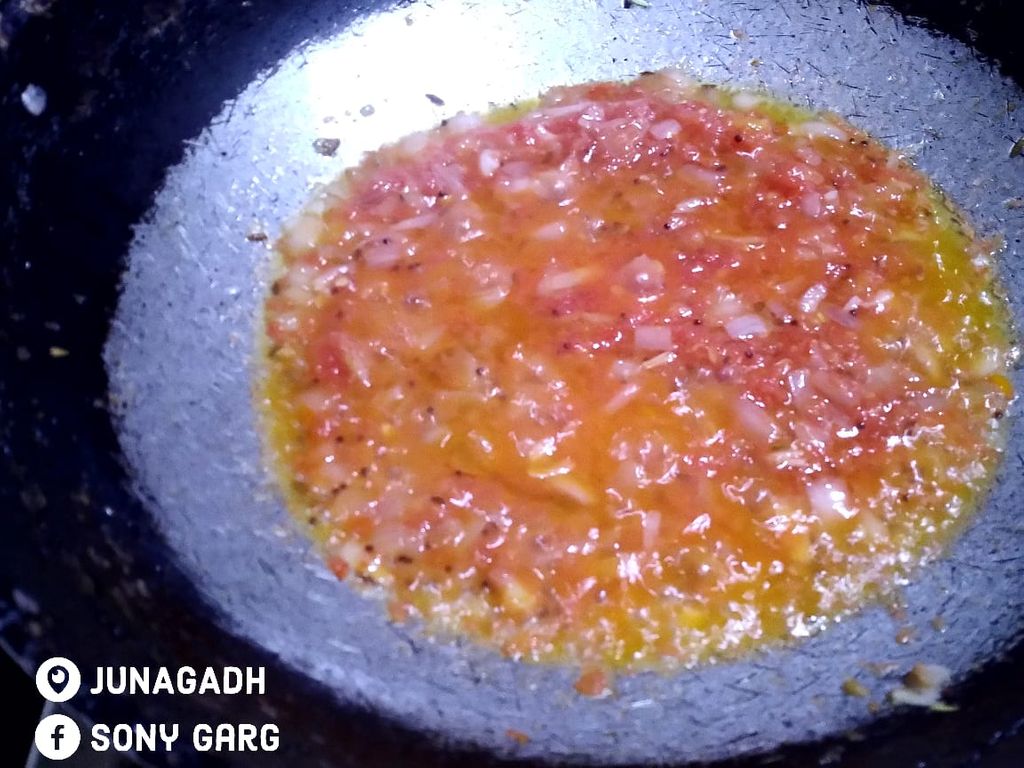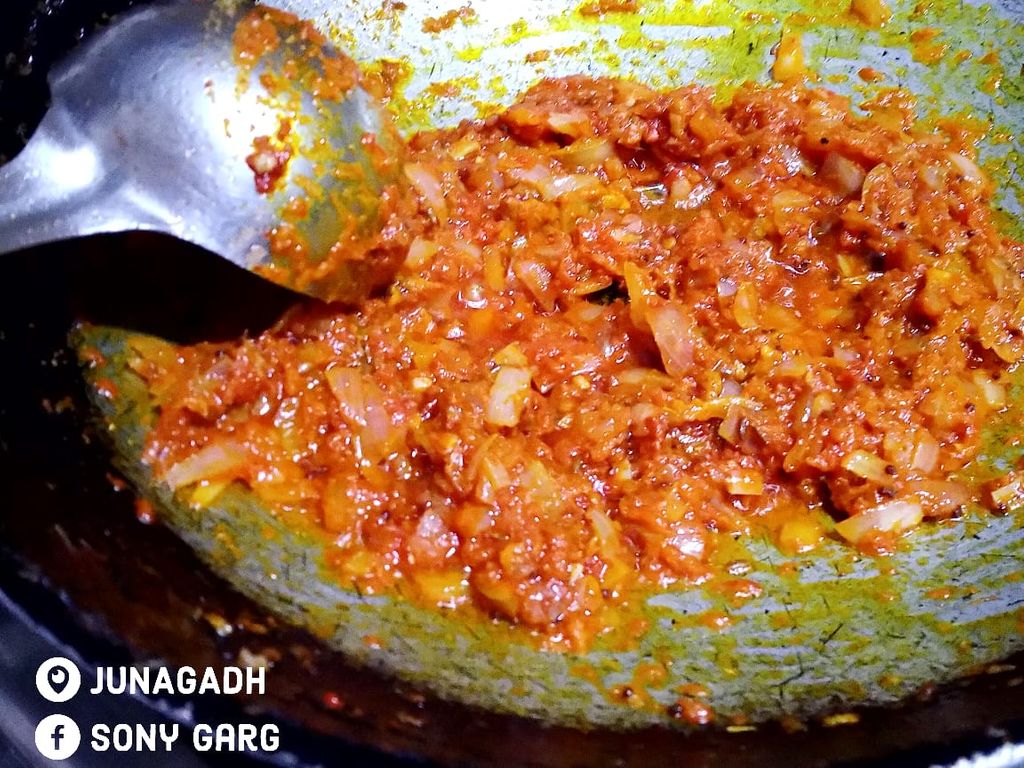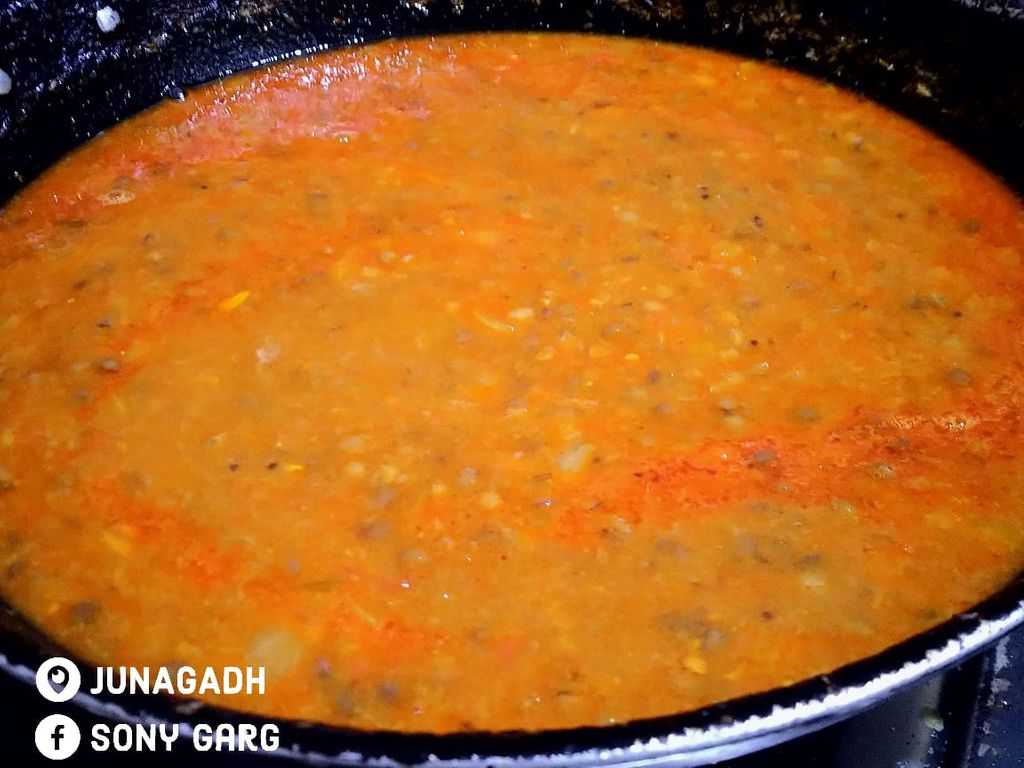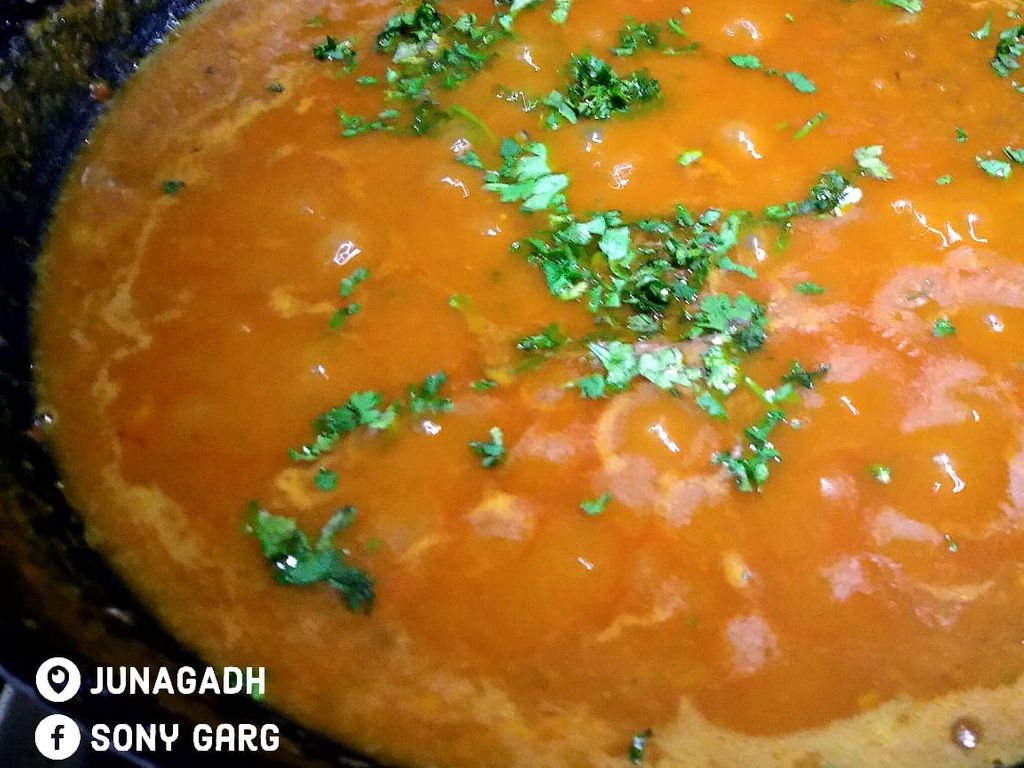Masoor Ki Daal
Sep 29, 2019 • 155 views
Masoor is a power packed legume. It has high nutritional value. However, the whole/sabut masoor is not so popular, probably because it was considered a poor man's ingredients. Also, it is believed that it is a Muslim daal. This also makes it less famous amongst Hindus. It is believed to be first planted in Eastern Mediterranean. In India, it is mostly eaten in the Middle East.
Benefits of Masoor
Stabilises sugar level
Masoor is high with dietary fibre and scores low in glycemic index. It slows down the rate of digestion and prevents sudden raises in sugar level.
Lowers cholesterol
High amount of fibre leads to low cholesterol because it helps you to get rid of extra cholesterol in your body and improves the blood flow.
Weight loss ingredient
It has a perfect amount of carbohydrates but has low fats. It is high in vitamins, proteins and other nutrients.
Nourishes teeth and bones
It nourishes teeth and bones because of its high calcium and vitamins. It should be a part of your daily diet.
Healthy vision
Its a rich source of vitamin A, C and E. This helps against eye defects and other disorders like cataracts and muscle degradation.
Glowing and radiating skin
It helps in getting rid of wrinkles, fine lines and dark spots. You can use it in a facemask with turmeric, milk and rose water. As a result, it also turns out to be an anti-ageing daal.
INGREDIENTS
1.5 cups Lentil/Masoor
1 Teaspoon Salt/Namak
Pulp of 2 Tomatoes/Tamatar
2 chopped Onions/Kaanda
1 teaspoon Ginger Chilli Garlic Paste/Adrak Mirch Lehsun Paste
1 Tablespoon Oil/Tel
1/4th Teaspoon Mustard seeds/Rai
1/4th Teaspoon Cumin Seeds/Jeera
1 pinch Asafoetida/Hing
1/4th Teaspoon Red Chilli Powder/Lal Mirch
1/4th Teaspoon Coriander Powder/Dhanya
1/2 Teaspoon Mixed spices/Garam Masala
1 Teaspoon Mango Powder/Amchoor
Some fresh Coriander Leaves/Hara Dhanya ke Patte
Pre Preparation
To make the perfect Masoor Daal, you need some soaked Masoor. You should soak the Masoor for at least 4 hours before making the daal. This makes it nicely soft.
However, you can also soak it one hour before and cook. This will increase the boiling time for the Masoor.

Preparation of the Masoor
Now you need to boil the Masoor so take a Cooker.
Add the soaked Masoor in the cooker.
Add 4 cups of water and salt to the soaked Masoor
Let it cook at high flame till you get 4 whistles of the cooker.

Making Gravy
It's time to cook the gravy so take Oil in a vessel and heat it on high flame.
Lower the flame to Medium.
Add Cumin Seeds, Mustard seeds and Asafoetida consecutively.
Add Onions, Ginger Chilli Garlic paste and saute till the onions get light brown.

Once you see light brownish colour on the onions, add Tomato Pulp and let it cook.

Once this is cooked, add Turmeric Powder, Coriander Powder and Chili Powder and Mix them well.
Post that add Mixed Spices and saute.
Now you can add the Mango Powder and mix.

Our Gravy is Ready…
Making the Daal
It's time to add the Boiled Masoor Daal along with the water used for boiling.

Cook it on high flame till you get a boil
Once you get a boil, cook it for 5 more minutes on low flame if you like thick daal.

Wolla…! The Daal is ready…
You can eat Masoor Daal with Chapati as well as Rice.
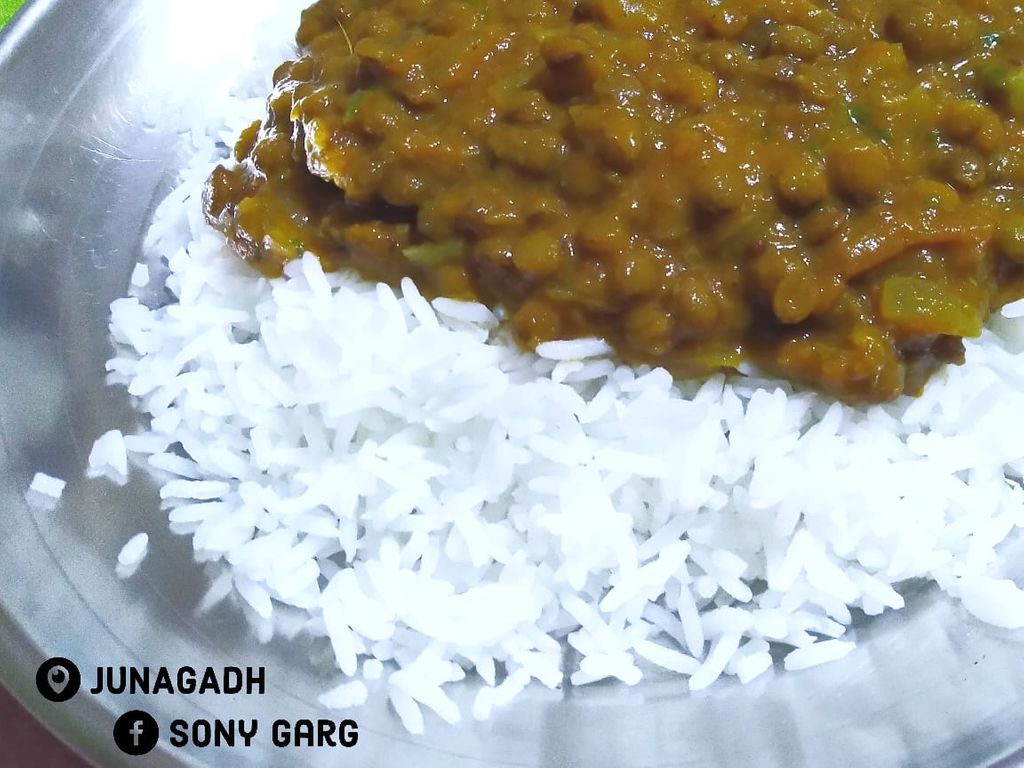
TIPS
You can also use lemon instead of Mango powder.
Don't waste the water used while boiling the Lentils, Use the same water in cooking.
Soaking masoor in prior makes it easier to cook.
Masoor is good for health but one should not over consume it.
If you are a jain, you can cook the same daal without onion and garlic, its gives a similar tempting taste.
Adding salt while boiling blends the salt nicely. This is the reason why we haven't used salt while cooking. However, you can add as per your taste preference.
If you like thick Daal, you can let the Daal boil for some time after it is cooked.
You can also use Masoor with Rajma
If you like our recipe, like and share.
Also check out our other recipes ->
